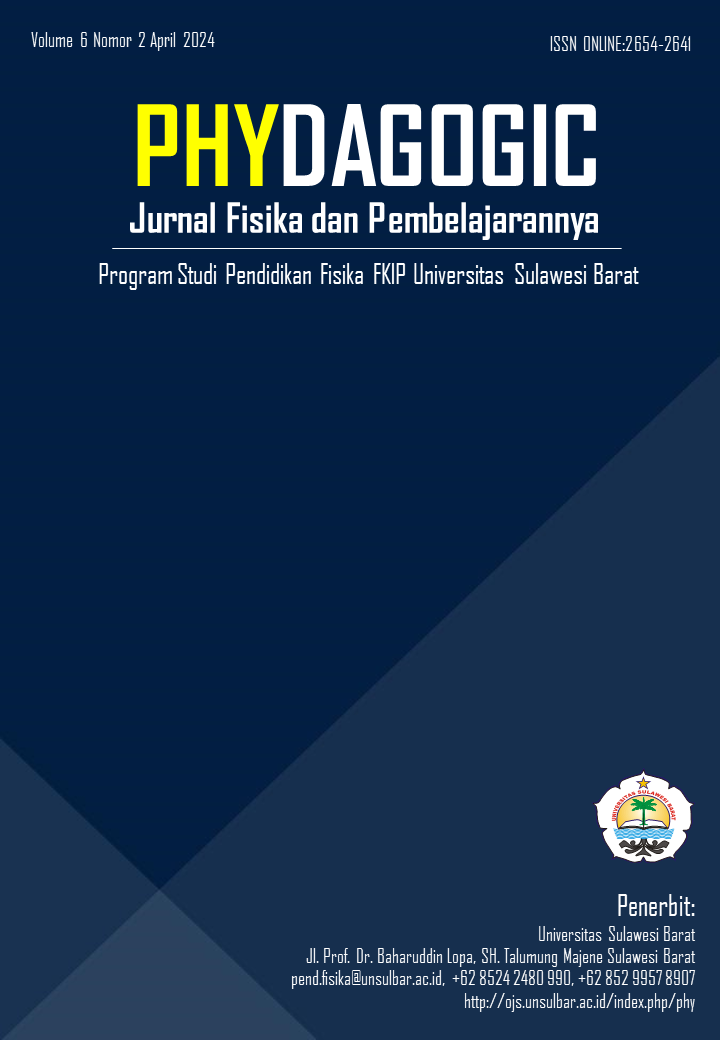Main Article Content
Abstract
Tahu merupakan salah satu sumber protein dengan bahan dasar kedelai yang sangat digemari oleh masyarakat. Tetapi dalam prosesnya, pembuatan tahu menghasilkan 15-20 liter/kg limbah cair tahu pada setiap 1 Kg bahan baku kedelai. Oleh karena itu perlu dilakukan penelitian tentang Pemanfaatan Limbah Cair Tahu Untuk Menghasilkan Energi Listrik Dengan Sistem Microbial Fuel Cell (MFC) Menggunakan Bakteri Lactobacillus Bulgaricus. Tujuan penelitian ini adalah untuk mengetahui produksi energi listrik dari limbah cair tahu terhadap 3 variasi. Hasil penelitian menunjukkan bahwa variasi penambahan larutan elektrolit serta penambahan bakteri lactobacillus bulgaricus menghasilkan arus listrik rata-rata sebesar 0,5305 mA, tegangan rata-rata sebesar 1,0247 V, serta daya rata-rata sebesar 0,546 mW untuk limbah cair tahu dengan volume 1000 ml. Sedangkan untuk volume limbah cair tahu 1500 ml menghasilkan arus listrik rata-rata sebesar 0,3951 mA, tegangan rata-rata sebesar 0,9799 V, serta daya rata-rata sebesar 0,388 mW.
Keywords
Article Details
Authors who publish in PHYDAGOGIC agree to the following terms: Authors retain copyright and grant the PHYDAGOGIC right of first publication with the work simultaneously licensed under a Creative Commons Attribution License (CC BY-NC 4.0). This license allows anyone to compose, improve, and make derivative works non-commercially, and while they must credit you and gain no commercial advantage, they are not required to license derivative works on the same terms as the original work. Authors are able to enter into separate, additional contractual arrangements for the non-exclusive distribution of the journal's published version of the work (e.g., post it to an institutional repository or publish it in a book), with an acknowledgment of its initial publication in PYDAGOGIC. Authors are permitted and encouraged to post their work online (e.g., in institutional repositories or on their website) prior to and during the submission process, as it can lead to productive exchanges, as well as earlier and greater citation of published work (See The Effect of Open Access).
